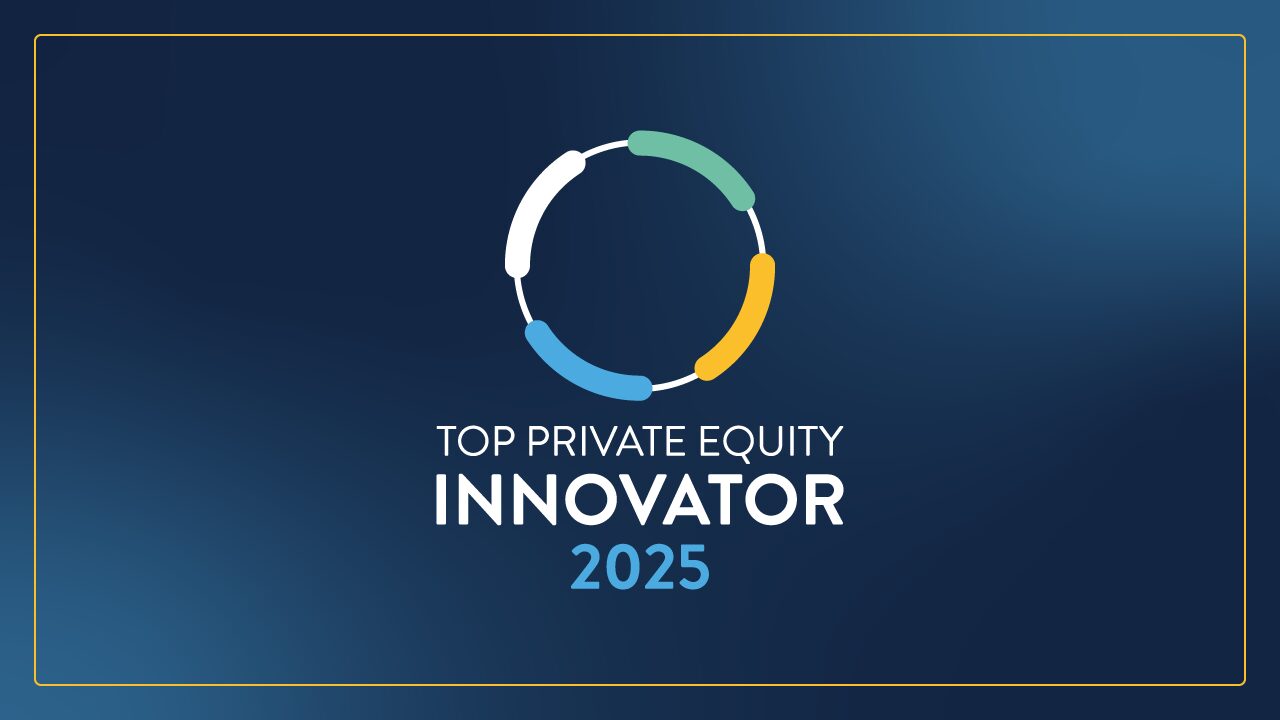As we roll up our sleeves and move full steam ahead into 2021, it is clear that many of the challenges of last year linger. In fact, many companies—particularly in the travel and hospitality sectors—still face unprecedented circumstances and continue to scramble from one problem to the next. This can often mean losing sight of long-term goals, and when it comes to your lenders and liquidity can quickly lead to major, even irrevocable, problems.
This is why companies should continue to proactively reach out to their lenders and other trusted partners during these times to enable them to become part of the solution. In my past experience as a private equity (PE) partner, I noticed that companies often waited until it was too late to contact their banks and others that could help. Their earnings had already retracted, their cash was depleted, and their options were constrained beyond repair. By the time they reached out, their lenders were often caught off guard and felt like they had no choice other than to go into crisis mode and do whatever they could to protect their loans. When this happens, owners of businesses are often left behind.
Companies need to play ahead and take action during times of crisis. If you don’t get ahead of events, they will get ahead of you. This mindset is not only critical for your internal operations, but also for your external partners – particularly your lenders. Bring your relationship bankers into the discussion early so they can help you help yourself. The sooner you get your relationship bankers involved, the more options they’ll have to maintain your equity, which is in all parties’ best interest.
Cultivate a proactive versus reactive mentality
After nearly 20 years in private equity, one of the most essential things I’ve learned during a crisis is that cash is king. If you’re not actively thinking ahead about your liquidity, it can evaporate in a moment’s notice and then your game is over. Your lenders are one of your most critical sources of liquidity during difficult times. If they feel like they are part of the solution, they will act with your (and their) best interests in mind and help you fund your operations. If they feel like you are constantly surprising or misleading them, they will clamp down and do whatever they can to salvage their loan with relatively little concern for your equity.
When I was in private equity, I developed a litmus test called the “three board meeting rule.” In the first meeting, someone says “I think there’s a problem” and the management team swears to resolve it. By the second meeting, little action is taken and someone more loudly says, “Okay, now there is really a problem.” During the third meeting, everyone is looking around at each other as things have gotten worse and worse and drastic actions then have to be taken. It pains me to admit that earlier in my career I was often the guy who waited until the third meeting. In retrospect, I never looked back on a decision and wished I took more time to address a critical need. We need to act between the first and second board meeting. Hope is not a strategy. The longer we wait, the fewer options we have.
According to a 2019 McKinsey report, companies that were more resilient during the Great Recession “prepared earlier, moved faster, and cut deeper when recessionary signs were emerging.” By the first quarter of 2008, these companies became nimble while their lower-performing peers were still adding costs. At the end of the day, crisis management is not all about cutting costs, though. It’s about maximizing cash. Cash is the fuel that gives you the options to stay afloat, repair your business, and course correct until the storm passes and calmer times return. Your relationship with your lender will play a meaningful role in your ability to maximize your cash resources.
Eliminating bias against perceived failure
Companies in crisis often have unhealthy internal dynamics that can prevent difficult but necessary decisions from being made. First, there can be a bias against taking action because that would require an admission of shortcomings. This leads to the diffusion of responsibility, which can cause a company to delay until it runs out of time and options. Second, companies’ leaders often convince themselves that they don’t need outside assistance – there’s a culture of autonomy that can develop when times are good, so these leaders insist that “we can fix it ourselves.” And third, even when companies recognize that they have a serious problem, they have meeting after meeting about it without taking concrete actions.
Partnering and building relationships across the board
In addition to cultivating strong relationships with lenders, do the same with other partners like private equity investors and third-party turnaround advisors.
Third party turnaround advisors have learned every lesson at least twice and can help you navigate your recovery with a much higher probability of success. Trusted outside advisors will cost you money, but they also bring a more objective perspective and institutional knowledge to the table, which can lead to more impartial and better-informed assessments of a company’s situation and how to deftly maneuver through challenges. Your lenders will also be comforted by you bringing outside assistance. In fact, if you don’t bring in your own advisor, they’ll likely eventually require you to use one of theirs.
Private equity investors are also a tremendous asset during difficult times. They bring capital, experience, and networks that will help you be more agile than your competition. Their portfolio companies typically view times of crisis through the lens of opportunity. PE investors have a powerful incentive to make sure their portfolio companies are doing everything they can to make the business as resilient as possible, especially in a crisis. Lenders view this affiliation and mindset positively and thus are more likely to step up for companies that are backed by PE investors than those that are not. This is why it’s no surprise that one of the reasons PE-backed companies perform better than their non-PE-backed peers amid economic contractions is their ability to take advantage of these relationships and secure capital more easily and affordably.
No matter what a company’s financial situation happens to be, the first step toward determining what needs to be done is an honest assessment of the challenges it faces. Then it’s critical to take informed action while working with your trusted partners to give you the greatest opportunity to survive and thrive.
The original version of this article appeared in CEOWorld Magazine in November, 2020.


